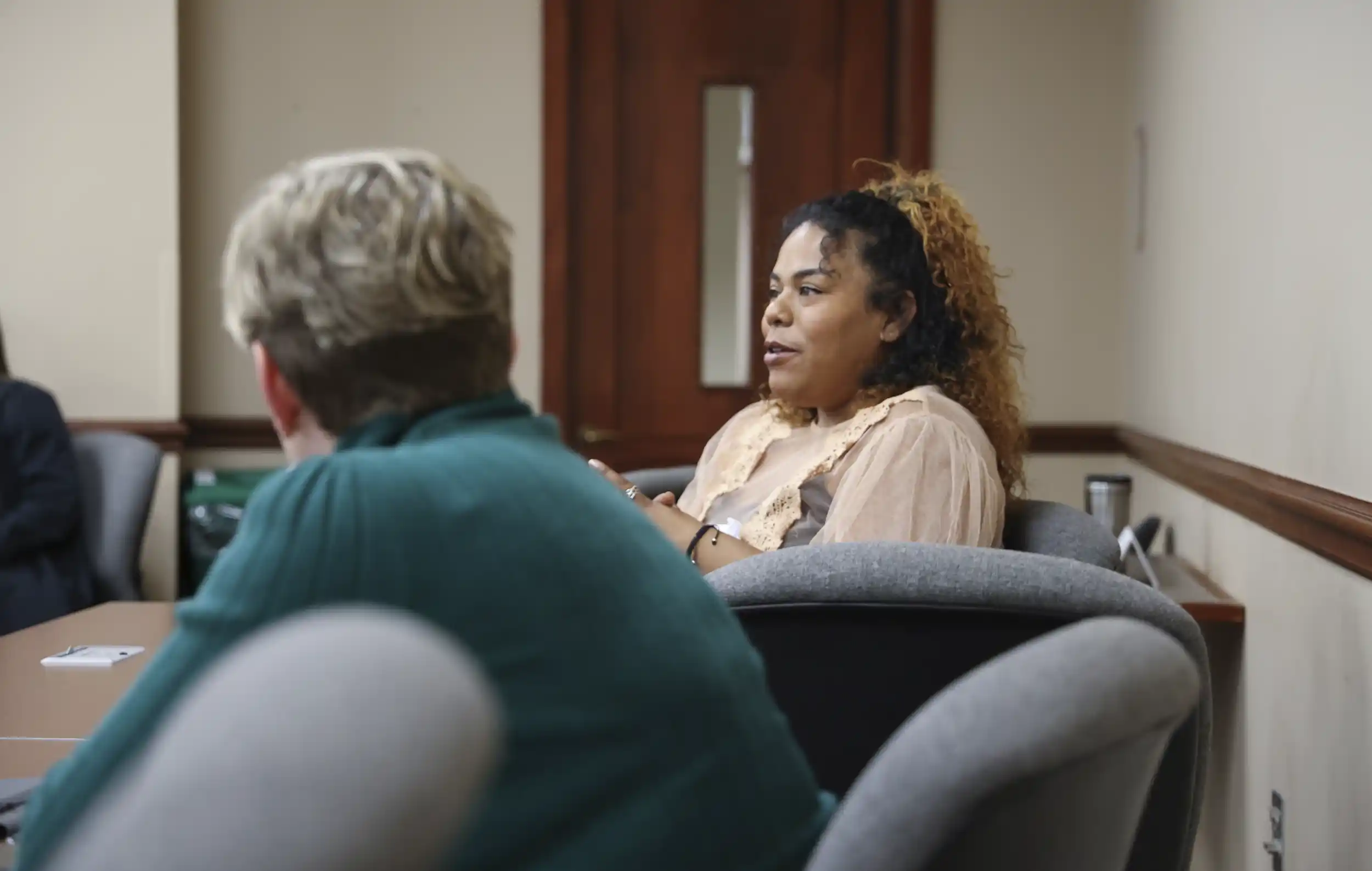Access to high quality healthcare is severely limited in the region by a wide variety of factors including no insurance and underinsurance, constrained health care delivery and availability, geography, legal and regulatory obstacles, and chronic underinvestment. For those suffering from stigmatized health conditions, access to care and quality of care are both compromised by the intermingling of healthcare systems with agencies that have the power to remove children and impose and carry out criminal punishment. Moreover, health, defined broadly, is inextricable from all aspects of the Center’s work.
Health Justice Projects
AJRC affiliated faculty are in the imagining and design phase for our health justice work, meeting for example with community leaders with ᏣᎳᎩᏱ ᏕᏣᏓᏂᎸᎩ (Tsalagiyi Detsadanilvgi)/Eastern Band of Cherokee Indians to imagine how AJRC faculty and students might support the health justice goals of that community. Professor Wendy Bach (Law) is also working with national and regional partners on a research tracking the criminalization of pregnancy in the three years after the Supreme Court’s decision in Dobbs v. Jackson Women’s Health, and researchers across the campus are meeting with community partners to envision the collective health justice work of the AJRC.
Affiliated Faculty
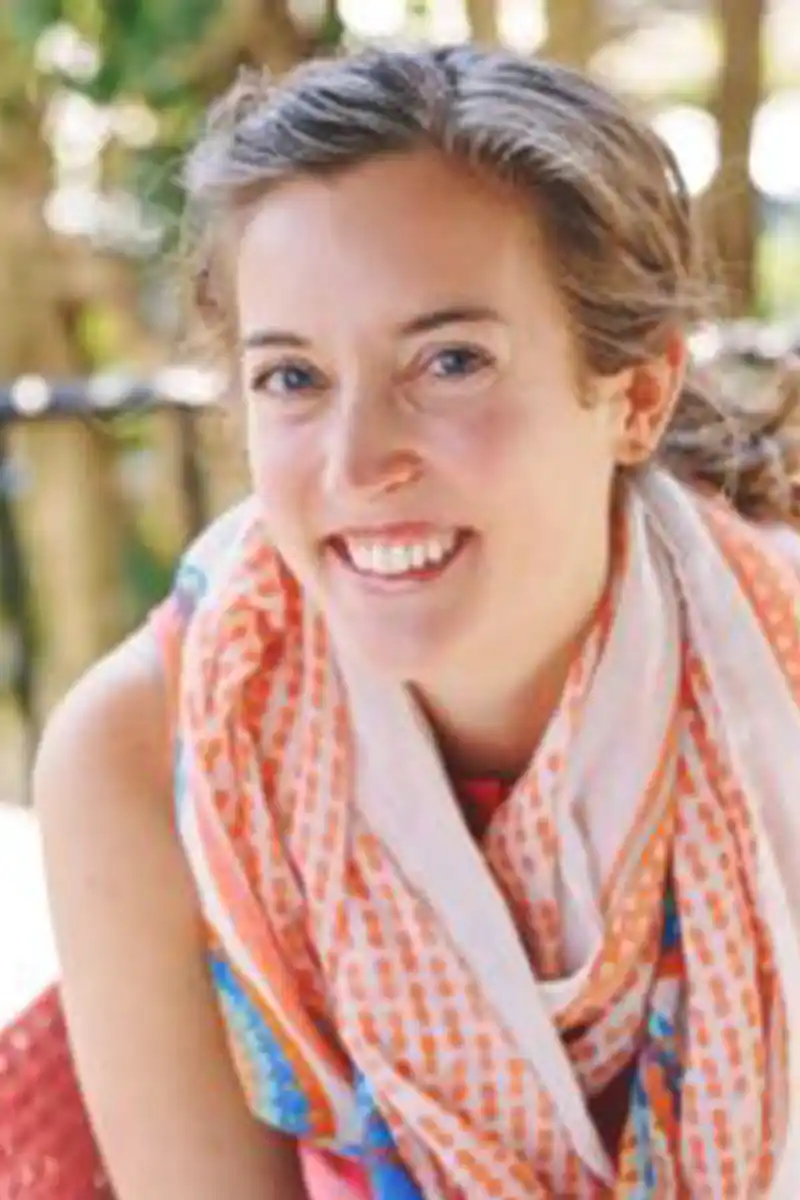
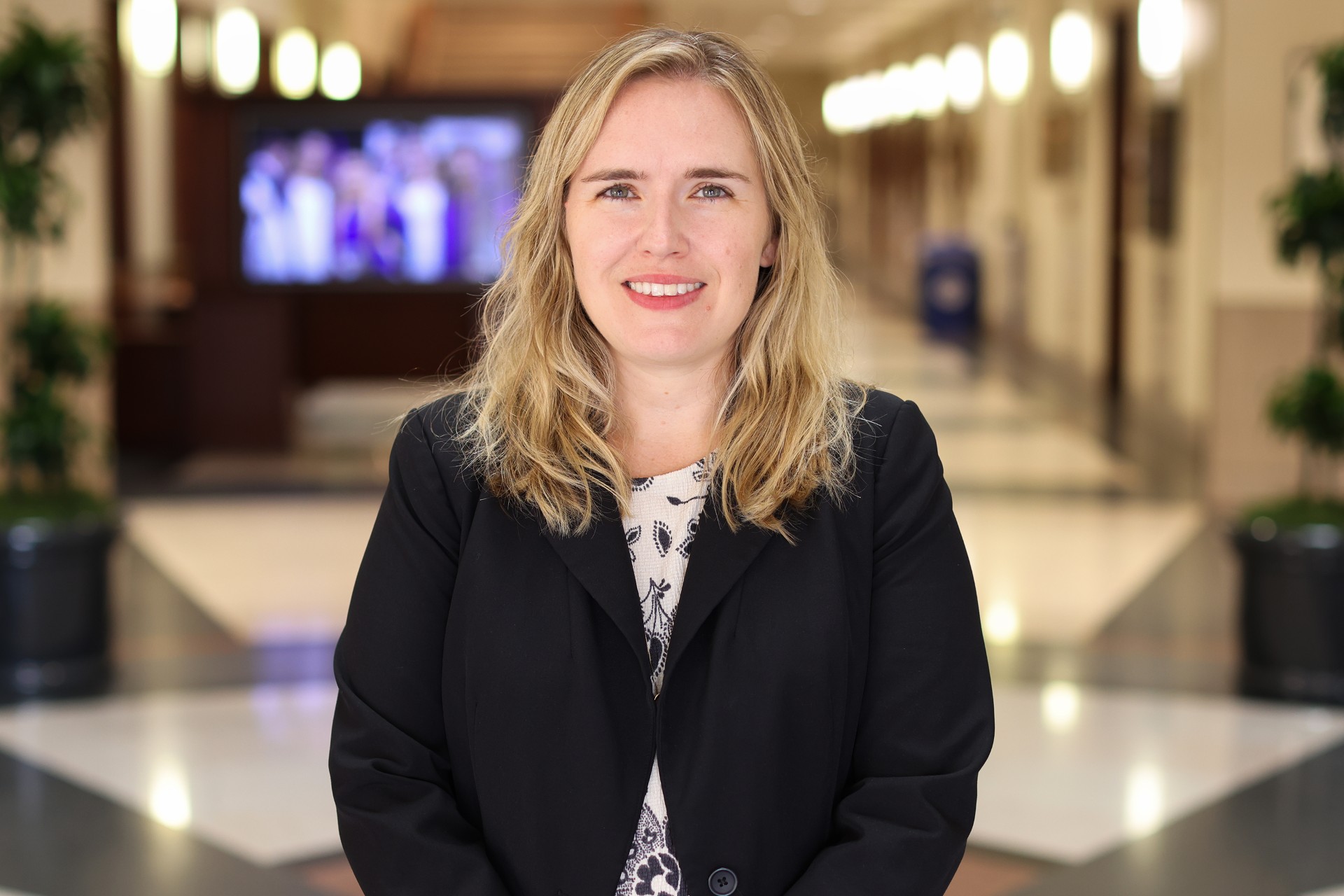
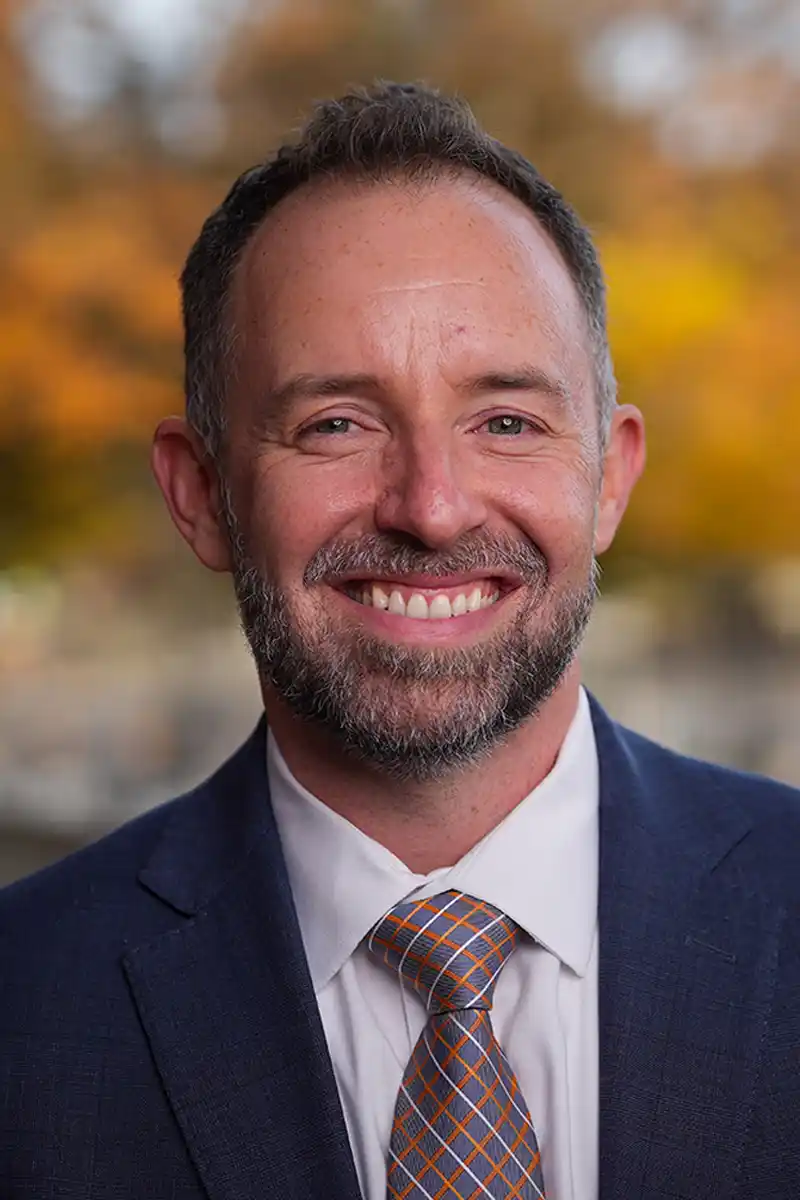
Zack Buck
Associate Dean for Faculty Development and Professor
Winston College of Law
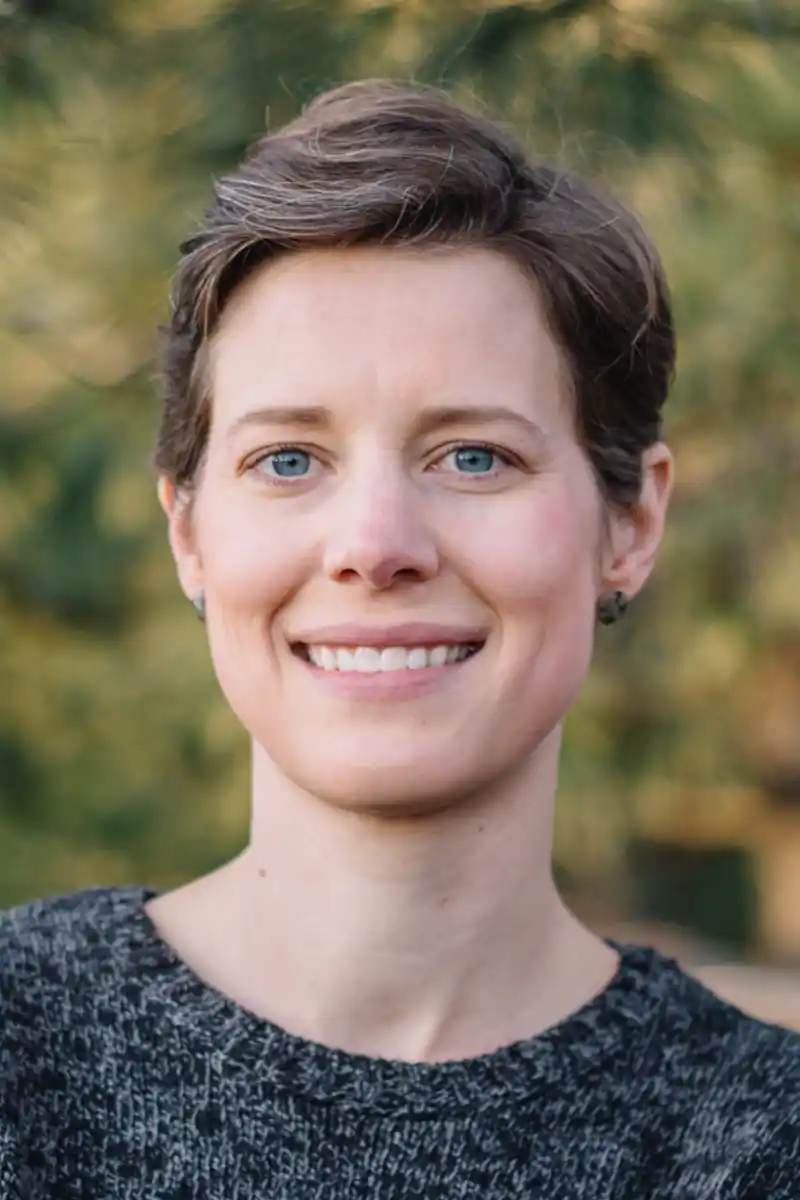
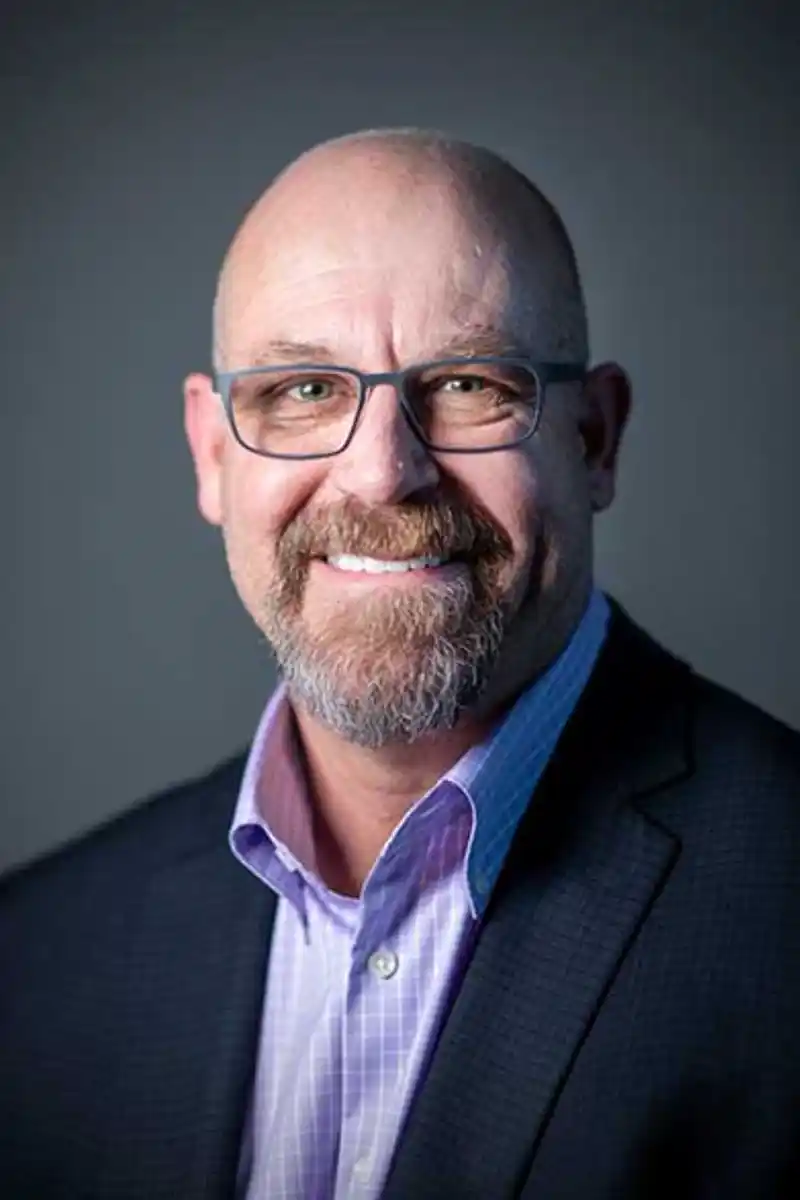
J. Douglas Coatsworth
Betsey R. Bush Endowed Professor in Behavioral Health & Associate Dean of Research, Center for Behavioral Health Research
College of Social Work
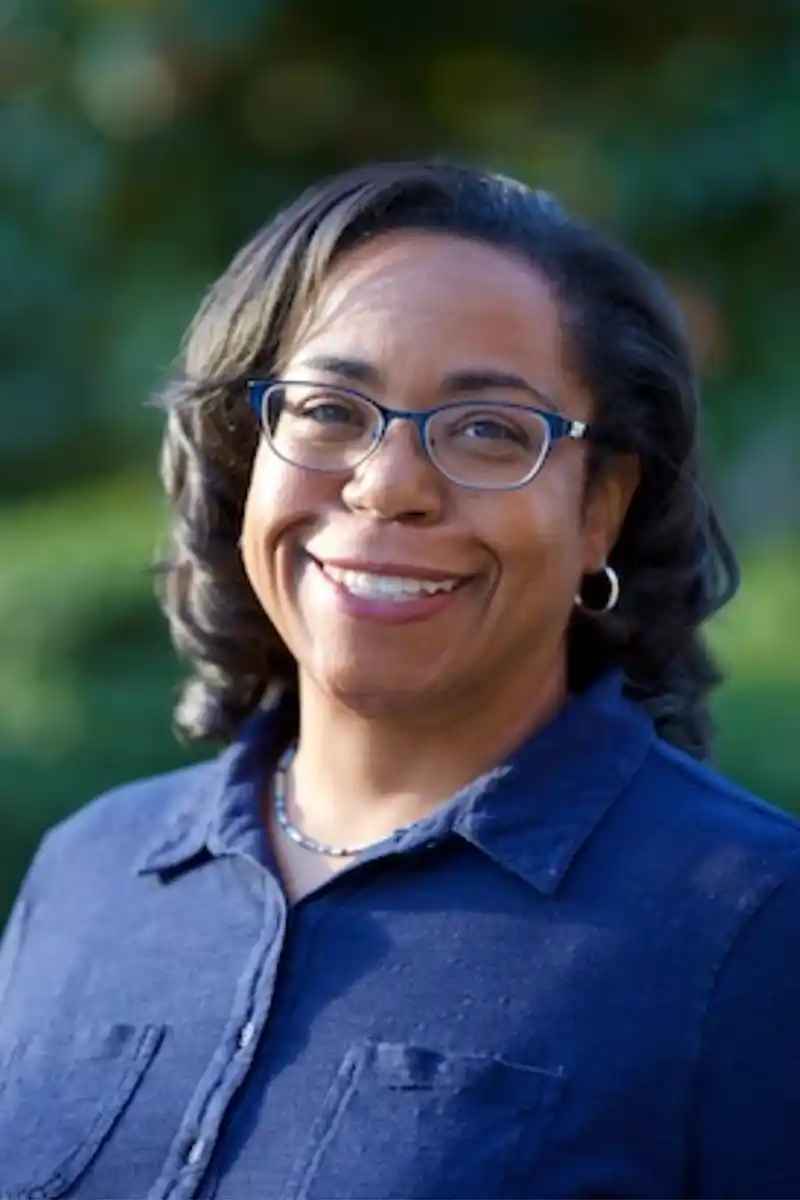
Teri Dobbins Baxter
Williford Gragg Distinguished Professor
Winston College of Law
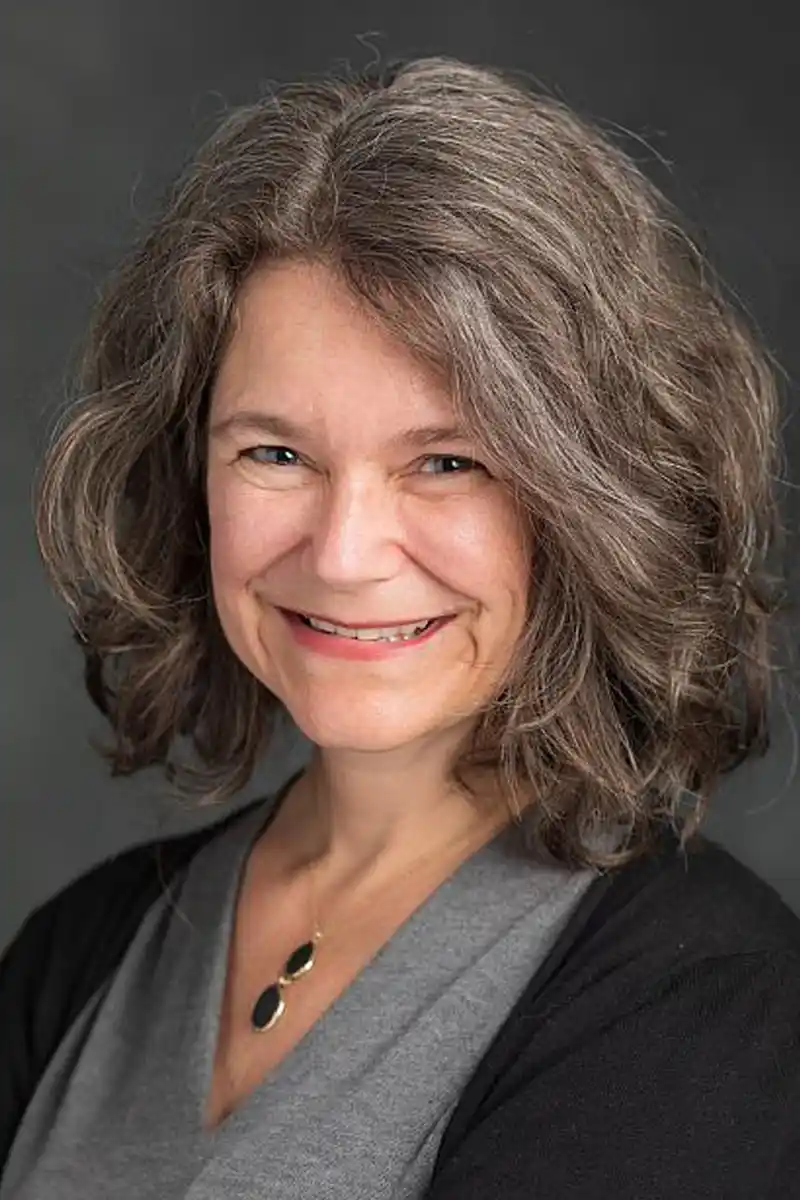
Kristi Gordon
Associate Dean for Community Engagement
College of Education, Health, and Human Science
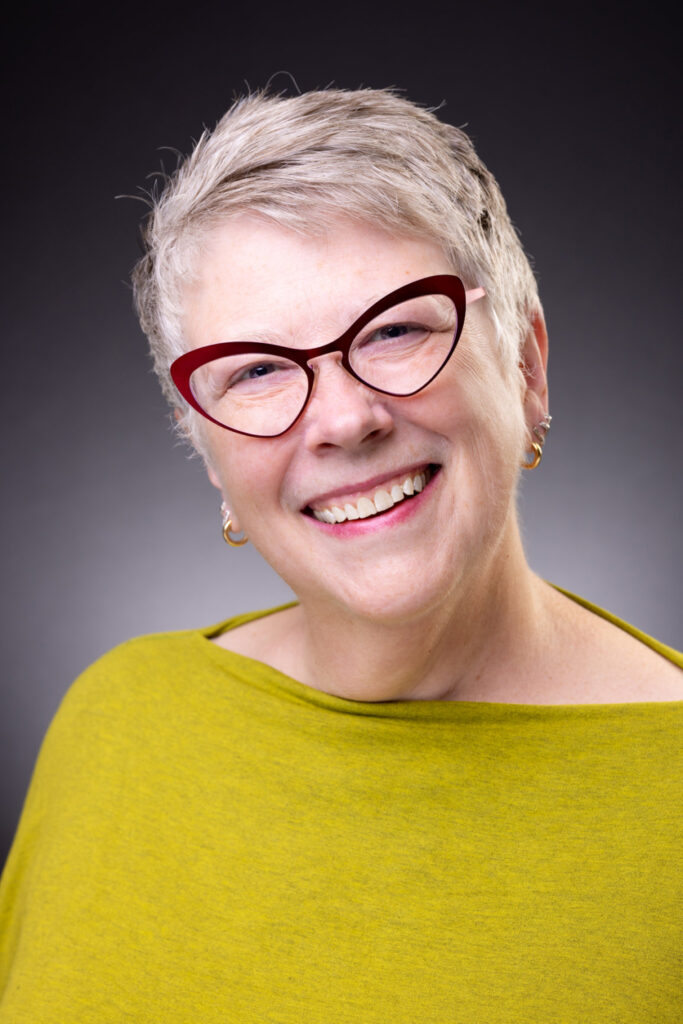
Laurie Meschke
Professor and PhD Program Director, Department of Public Health
College of Education, Health, and Human Sciences
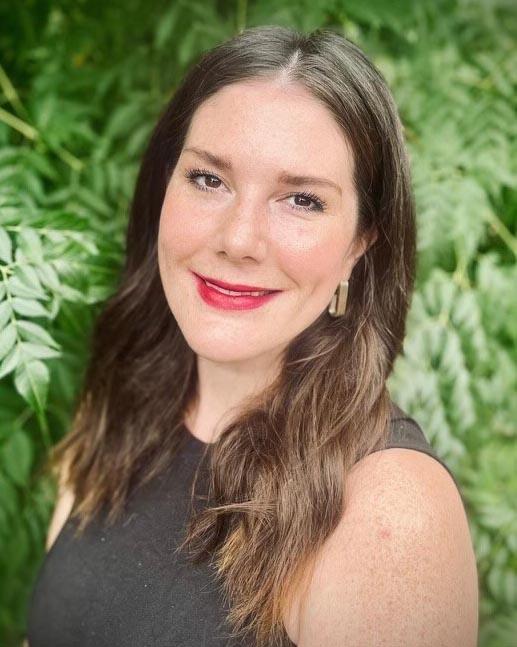
Kaylee Ramage
Assistant Professor
College of Education, Health, & Human Sciences; Department of Public Health
